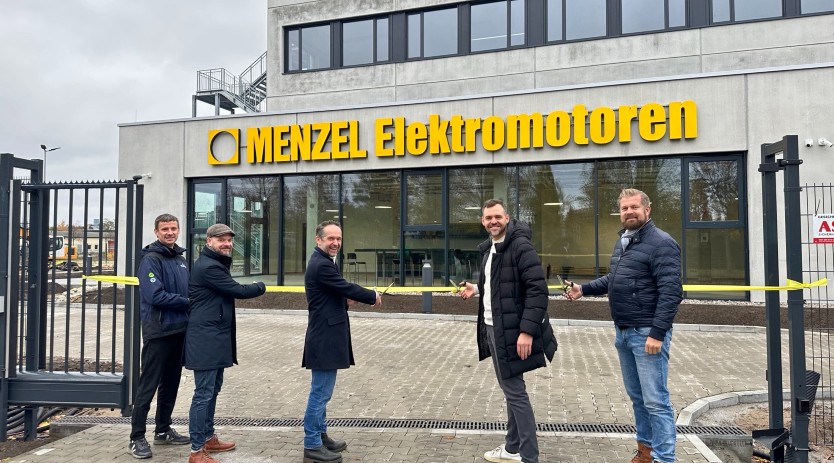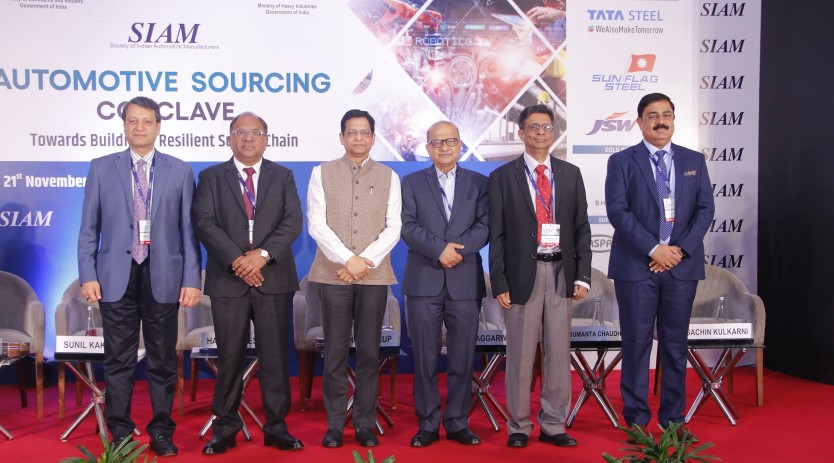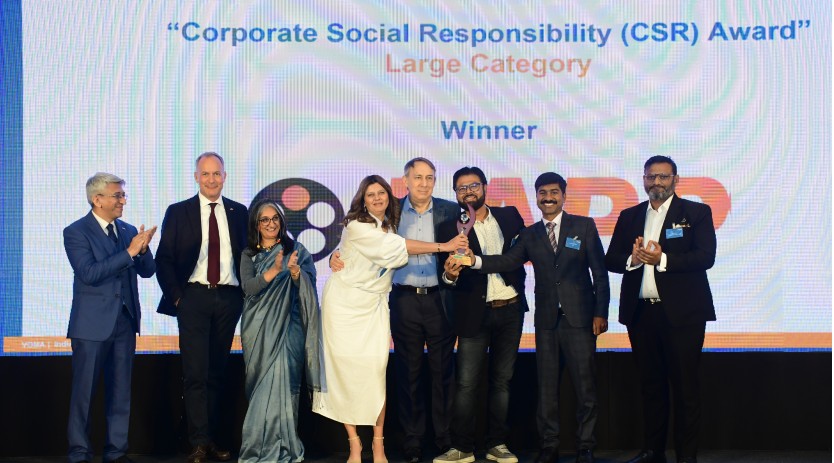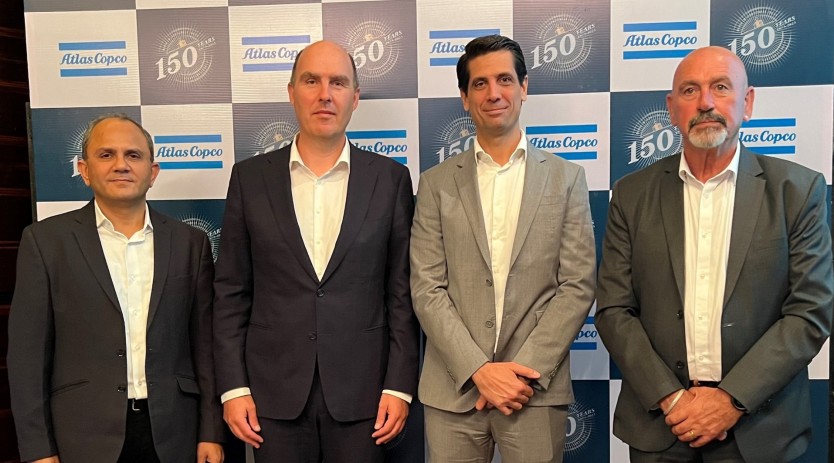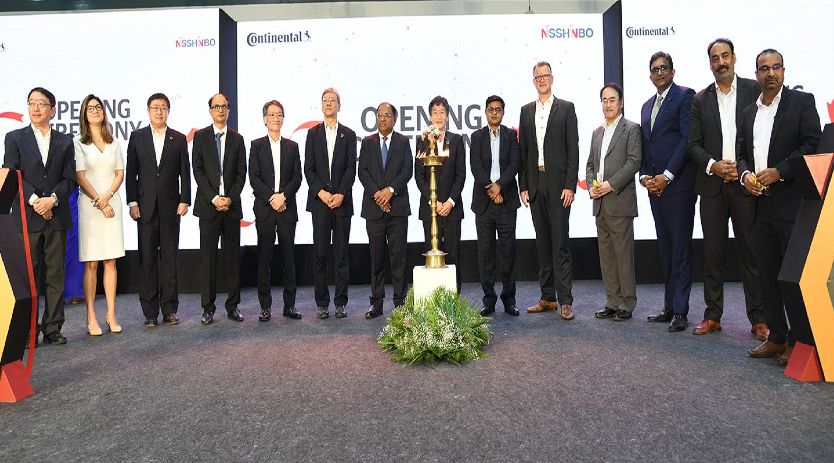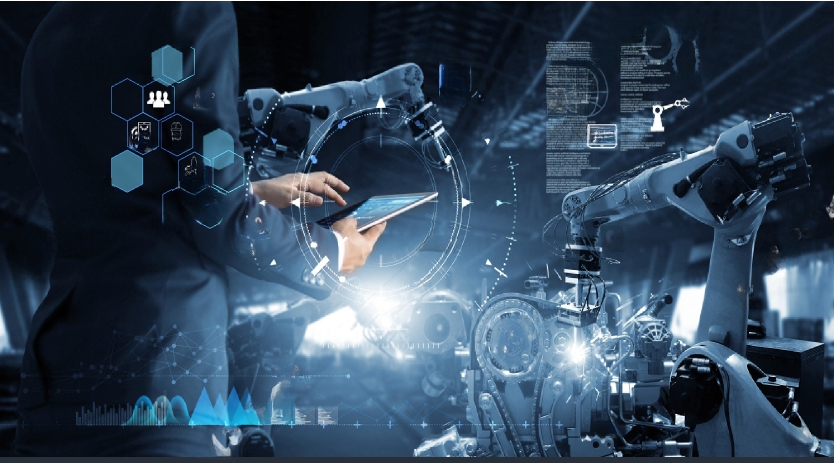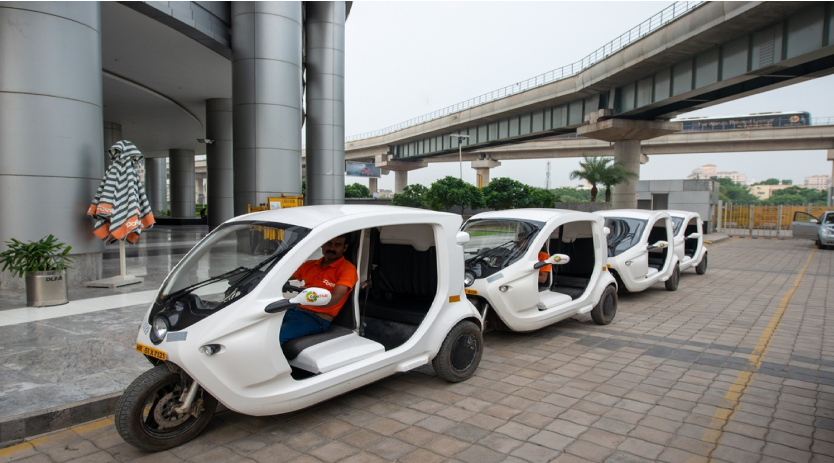‘WOOW’ enables recovery of chemicals from industrial waste
July 16, 2015 11:26 am
Geist Research’s ‘new to the world’ technology of recovering chemicals from industrial waste is a sustainable technology.Sandra D’sa, General Manager, Marketing, Geist Research Pvt. Limited
Geist Research has come up with a very unique concept to eliminate chemical waste without having to worry much about the costs. The implementation of WOOW or waste out of water is helping clients to leverage the benefits of this unique technology. OEM Update spoke with Ms Sandra D’sa, General Manager, Marketing, Geist Research Pvt. Limited. Ms D’sa discusses about a novel concept of recovering chemical waste from effluents or plants that generate chemical waste. By implementing the concept, companies are able to make money from selling the chemical recovered from the effluents. Ms D’sa calls it a strategy that is very different from conventional methods of disposal of chemical waste. Geist Research Pvt. Limited is a part of Earth Water Group and is partly funded by the Clean Technology Fund of CLSA Capital Partners. In the interview, Ms D’sa gives us detailed inputs on the technologies that Geist research provides for the use of several industries that generate chemical waste.
What is the innovative technology that Geist research provides?Geist Research offers innovative, proprietary and complete technology solutions to industrial waste water problems but with a difference. Geist generates guaranteed profits from Zero Liquid Discharge. We have developed 4 novel WOOW (Wealth out of waste) technology platforms that enable us to recover pure chemicals from a wide variety of industrial waste waters and completely recycle the water back to the parent process. These recovered pure chemicals can generate a revenue stream that makes the whole venture profitable. What makes it a distinct technology?Currently chemical processing companies are managing their effluent either by treating it in ETPs and then discharging into receiving water bodies. However, this system is clearly inadequate to deal with increased industrialisation and increasing complexity of manufacturing processes. This does not even consider secondary and tertiary effects of millions of chemicals being discharged into the water bodies, because there is no data available for these. The chemical processing industry is one of the largest contributors to contamination of water bodies by adding millions of chemicals daily reducing the assimilative capacity of the receiving water body.
Geist offers systems with guaranteed performance and profitability based on our proprietary technologies and assures a payback on investment of less than 2 years. This ensures voluntary compliance in this era of global competitiveness. The complete solution can be offered on a turnkey basis or a risk-free Design-Build-Own- Operate basis.
How does it make it a green technology?Geist’s Wealth out of Waste (WOOW) technology platforms enable the recovery of chemicals that are present in the industrial effluent generated by chemical processing industries individually and in their pure form and presents these chemicals for either recycle or sale. The recovered water can then be recycled back to the parent process. This process of ‘recover and recycle’ rather than the conventional process of ‘treat and throw’ makes it sustainable and therefore a green technology.
How do you look at its acceptance?As is the case with any ‘new to the world’ technologies, there is always a ‘fear of the unknown’ and a ‘resistance to change’. The regulatory bodies play a huge role is driving change towards more sustainable solutions to preserve the environment keeping in mind the dual objective of ‘Economy’ and ‘Environment’. However, due to limitations in technology, some of the current technology solutions are energy and cost intensive. For example, to ensure Zero Liquid Discharge, Multiple Effect Evaporators or Incinerators are used. These solutions have high operating costs which do not make it attractive to the industry to implement. These solutions at best, convert one form of waste to another, ultimately ending up at a landfill site. Geist’s WOOW technology platforms generate profits making organisational compliance voluntary, since payback is a few months to less than 2 years. This paradigm makes it easier to be accepted as a technology solution that is sustainable. What points should be considered for the implementation of WOOW technology?First and foremost, at Geist, we encourage a change in the mindset that currently characterises effluent in terms of Chemical Oxygen Demand (COD), Total Dissolved Solids (TDS), etc. This thinking and the attendant technology solutions, destroy the inherent value of the effluent. The first step to recovering the resource from the effluent is by calling it a ‘Resource’ stream rather than an ‘effluent’ stream. What follows then is characterisation of the resource stream to identify its individual components. By characterisation, one is now focussed on recovering the organics that contribute to COD and the inorganics that contribute to TDS. The customisation process adapts Geist’s four WOOW technology platforms to recover the required chemicals in pure form. The customised WOOW technology is then implemented on either a Turnkey or a Design-Build-Own-Operate-Transfer (DBOOT) basis with Process, Product and Performance guarantees. What are the benefits from WOOW technologies?There are several benefits from WOOW technologies. The implementation of WOOW technologies eliminates Incinerators, Multiple Effect Evaporators and conventional ETP leading to a reduction in the land required for production. There is a potential to expand production capacity and the freedom to locate away from water bodies. It also leads to a significant reduction in capex and opex in comparison with conventional processes
What are some of the chemicals that you have recovered from industrial waste?Geist has recovered several chemicals from industrial waste, having recovered both inorganic and organic chemicals. Some of the inorganic molecules recovered from the industrial waste are – Aluminum Chloride Hexahydrate, Ammonium Sulfate, Anhydrous Sodium Sulfate (Caustic Soda Plant), Phosphoric Acid, Potassium Carbonate, Potassium Chloride, Potassium Hydroxide, Potassium Nitrate, Potassium Sulfate, Sodium Bisulfite, Sodium Chloride, Sodium Hydroxide, Sodium Metabisulfite, Sodium Sulfate, Sodium Sulfite, Sodium Thiosulfate, Sulfuric Acid, Silica, Sodium Bromide, Sodium Silicate, Sodium Carbonate, etc.
The organic molecules which Geist has recovered include Acetaldehyde, Acetic Acid, Butyraldehyde, Cellosolve, Formaldehyde, Formic Acid, Glycerol, Glycolic Acid, Glycols, N-Methyl Pyrrolidone, Phenol/Phenolics, Polyglycerol, Para-Toluene Sulfonic Acid (PTSA), Sodium Formate, Dimethyl Sulfoxide, Dimethyl Sulfide, etc.
Cookie Consent
We use cookies to personalize your experience. By continuing to visit this website you agree to our Terms & Conditions, Privacy Policy and Cookie Policy.




